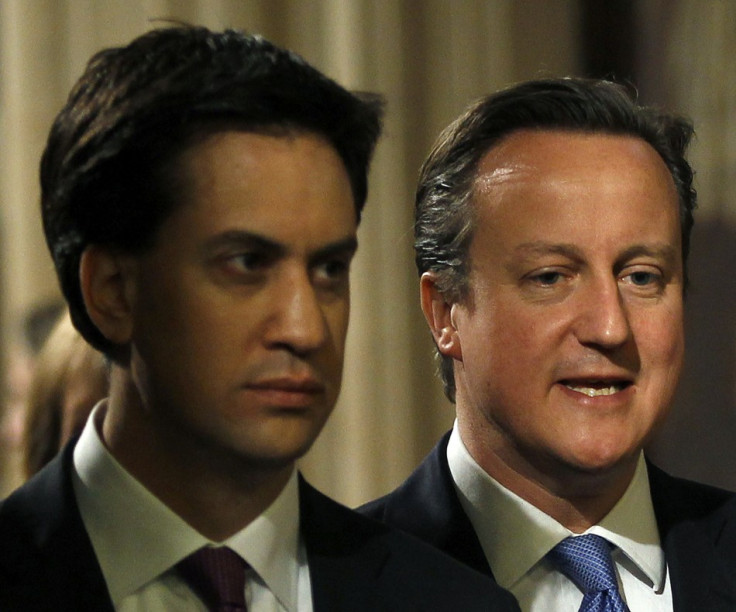Press Regulation: Leaders Split on Whether Charter has Force of Law

David Cameron and Ed Miliband have each claimed victory on press regulation while arguing about whether or not the new rules have the force of law.
Along with Lib Dem leader Nick Clegg, they struck a deal on new press watchdog rules late on Sunday.
It was branded a "compromise clause" by critics as all sides claimed victory.
Cameron said: "It's not statutory underpinning" but Miliband insisted: "It's underpinned by legislation."
Under the new system, a part of the statute enforces the authority of the royal charter - which politicians will not be able to meddle with.
A regulator could make newspaper owners pay fines and issue apologies or corrections and potentially include in a ruling how prominently they should be displayed.
Critics condemened the measure as a blow against freedom of speech.
Cameron said: "What we wanted to avoid and what we have avoided is a press law.
"What it is is simply a clause that says 'politicians can't fiddle with this' so it takes it further away from politicians, which is a sensible step.
"Nowhere would it say what this body is, what it does, what it can't do, what the press can or can't do - that, quite rightly, is being kept out of parliament.
"So no statutory underpinning, but a safeguard that says politicians can't fiddle with this arrangement.
Miliband said precisely the opposite and also claimed victory in negotiations on the post-Leveson arrangements.
"It will be underpinned by statute - why is that important? Because it stops ministers or the press meddling with it or watering it down in the future," said Miliband.
"It will be a regulator, a system of complaints where the regulator has teeth so they can direct apologies if wrong is done, and it's independent of the press, which is so important because for too long we've had a system where the press has been marking their own homework.
"This is independent - it's not politicians, it's not the press, who are doing it, it's an independent system of regulation. That means we've avoided where we went wrong in the past."
The new deal was condemned by the Index on Censorship.
Chief executive Kirsty Hughes said: "It is a bleak moment for the UK's international reputation as a country where press freedom is cherished as a fundamental principle and right.
"The fact that this requirement is now being applied to all royal charters is a rushed and fudged attempt to pretend this is not just a press law. It resembles precisely the kind of political manoeuvring we see in Hungary today - where the government is amending its own constitution through a parliamentary vote undermining key principles of their democracy."
© Copyright IBTimes 2025. All rights reserved.






















